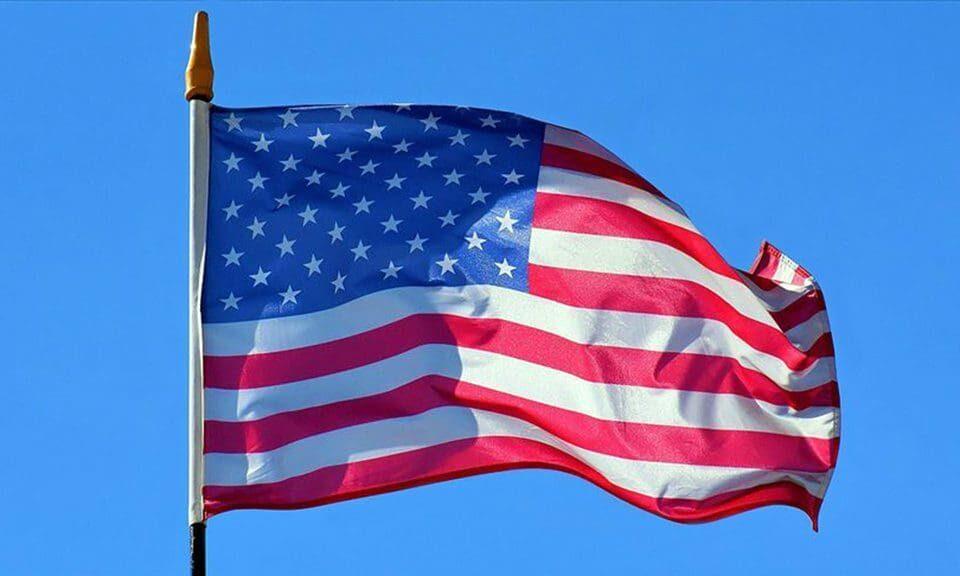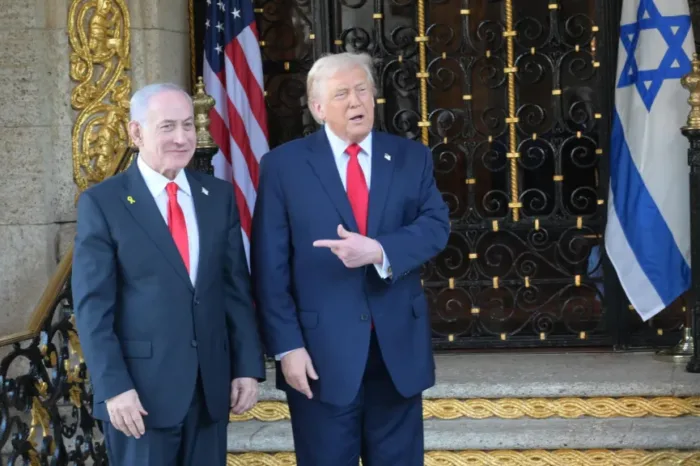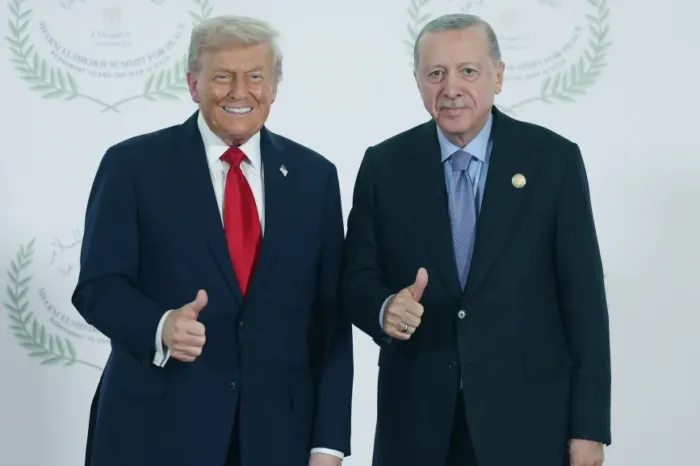Why the US’ image is falling in Turkey

The first week of July has had critical meaning for Turkish-American relations since 2003. What happened on July 4, 2003 has constituted one of the pillars of the Turkish people’s perception of the U.S.
As mentioned in the previous column, a recent public opinion poll showed that more than 80 percent of the Turkish people think that the U.S. may be a threat to Turkey today, one of the reasons of for this is the fallout in July 2003 and failure of the U.S. administrations to take steps to repair that damage.
It was, in fact, the pinnacle of a growing crisis between the two countries for the previous six months. Public opposition in Turkey against the Iraq War at the beginning of 2003 rose rapidly following the invasion of Iraq by U.S. forces.
The chaos in the aftermath of the war and increasing civilian casualties were closely followed by the Turkish public who was witnessing the emerging of a civil war along its borders.
Following the March 1 decision of the Turkish Parliament, diplomatic relations between the two countries had already witnessed significant challenges. The statement of senior officials from the U.S. side contributed to this process.
Paul Wolfowitz, then the undersecretary Defense in an interview to a Turkish media outlet criticized the Turkish military for not showing expected “leadership” in the process of voting in the Turkish Parliament.
For a country like Turkey, whose society was trying to heal the wounds of the “post-modern coup” of 1997, this statement reflected a lack of sensitivity to their experience with military interventions in politics.
Later this criticism transformed into accusations, when some U.S. officials started to accuse the Turkish Parliament’s decision of the difficulties of the Iraq War. Accordingly, if there was a northern front in the Iraq War, U.S. war efforts would not face the same challenges.
In the midst of this extremely challenging period of bilateral relations, the “hood incident” took place. It was one of the worst moments of the relations between the two countries. On July 4, 2003, a group of U.S. military personnel raided the Turkish military personnel’s residences in northern Iraq and detained Turkish soldiers.
Reportedly the U.S. personnel put hoods on the Turkish soldiers’ head during the arrest. The Turkish government immediately protested the action and asked for the immediate release of the Turkish soldiers.
However, it took more than 60 hours for U.S. forces to do so. The domestic ramifications of this incident were enormous. There were protests in front of the U.S. Consulates and Embassies. The popular culture in Turkey picked up on the incident very quickly and in the absence of any meaningful U.S. attempt to fix the situation the reaction of the Turkish public to the incident grew constantly.
The excuse of some senior officials that it was July 4 and a holiday in the U.S. was not found satisfying by the Turkish people. The official statements of the regret after a few months did not lead to damage control. The lack of concern and indifference among the U.S. policymakers toward the reaction of the Turkish people spoiled relations with Turkey.
Many U.S. allies in Europe who opposed the U.S. invasion of Iraq felt the chill following the hood incident. This incident was 16 years ago but in the absence of a confidence-building process in its aftermath it continuously haunted relations.
The U.S. support for the People’s Protection Units (YPG), the picture of U.S. officials with YPG members and the statements and threats against Turkey that are taking place today may have the same consequences if there is no damage control by the U.S.
All of these issues may be long-term stains on bilateral ties and they can be an impediment in different areas of cooperation between two countries. In the anniversary of this incident, it may be a good idea for U.S. foreign policymakers to think about the future ramifications of steps and statements taken in these days on bilateral ties.
This article was first published by Daily Sabah on July 8, 2019.























